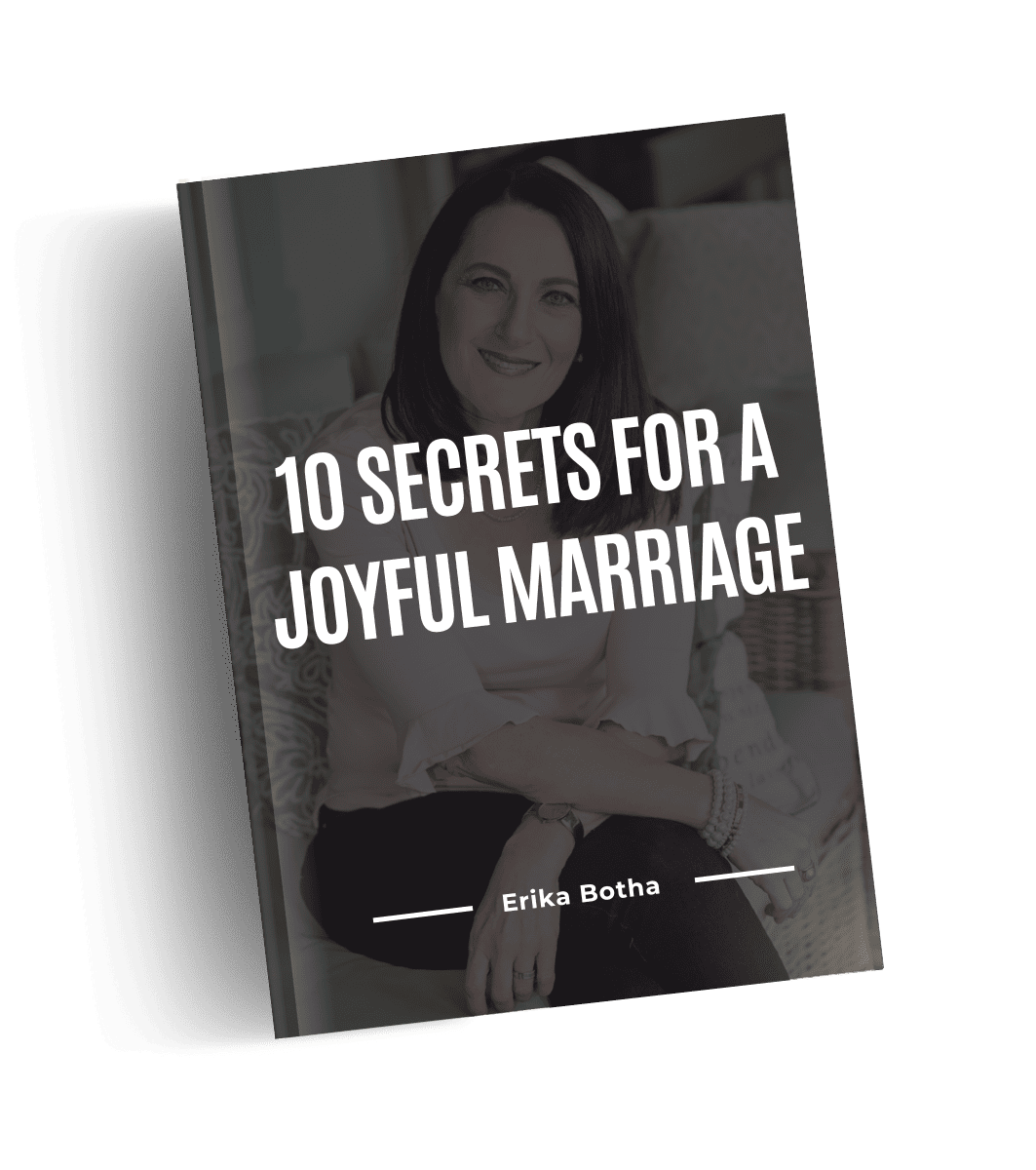The holidays are upon us, meaning it’s time for friends, colleagues, and family to gather and celebrate.
When you envision your upcoming family gatherings, is there anyone in particular that you’d prefer not to see? Does the thought of spending time with them make you a little nervous or even fill you with dread?
I know exactly the feeling.
Something about spending time with a certain person put me in a very negative headspace, sometimes I couldn’t shake it for days.
When describing them to friends, I used the word ‘toxic’. They were toxic to me.
Then, I thought about the word “toxic”.
It’s defined as ‘acting or having the effect of a poison’.
This is all well and good, but then I thought more…
How does one become poisoned? They have to consume something that is toxic. Pollution, snake or spider bites, actual poison – it doesn’t affect you until it’s entered the body.
The element on its own isn’t toxic, it’s the effect that is.
Stay with me here…What if there was no such thing as a toxic person?
What if we considered that they, in themselves, are not toxic?
The only way that these people can affect us is through our own thinking.
Let me explain:
There are three components involved when we interact with someone.
1. What you think of the person.
2. What you think of yourself.
3. What the person thinks of you.
Of these 3, we have control over 2 of these elements:
- what you think of the other person
- what you think about yourself
Despite our own locus of control, it’s only natural for our brains to gravitate towards thinking about what the other person is thinking about us.
For example:
- Am I being judged?
- Are they thinking rude things about me?
- Do they think that I’m less than them?
- They probably think I messed up…
When we start ruminating on these thoughts, it kickstarts a cognitive process that results in us feeling awful about ourselves.
So what do we do then? You have to spend time with his person, so how do you avoid feeling like you’ve ingested poison every time you’re around them?
First – remember what you have control of:
- what you think of the other person
- what you think about yourself.
Confront your beliefs. Is it true that this person is rude and doesn’t like you? Is there evidence that supports that they think they’re better than you and are always judging you? Perhaps, perhaps not.
Next – check in with yourself. What do you think about yourself?
Do you feel inferior to this person? Are you judging yourself for your own actions? Be honest.
Usually, when we are triggered by someone else’s thoughts, it’s because we believe, on some level, that they are true.
This is a “you problem”, not a “them problem”.
Work on your insecurities and clean up your own thoughts about yourself. You’ll be less affected by others when you’re at peace with yourself.
Easier said than done, right?
Next time you start falling into a negative thought process, try to combat it with mantras like:
- “I’m okay with people being wrong about me”
- “I’m not for everyone, and everyone is not for me. That is totally okay”
If your brain argues back, “but everyone else thinks this person is the problem, too!” Let it. But know that you don’t 100% know anyone else’s thoughts. So maybe they do think that maybe they don’t.
Either way, their thoughts are irrelevant to how you handle the situation.
So, what’s next?
There are 2 options.
1. Get curious. Avoid the sting of judgment by countering feelings with rational thoughts.
For example:
- “It’s interesting that they behave this way. I wonder why?”
- “Hurt people hurt people. I wonder who hurt them?
- “Maybe I was rude before, I wonder what I was feeling when I acted that way?
Finding understanding can change your entire perspective and experience with this person.
2. Stay home. Maybe you decide that there are times when you prefer not to work so hard to manage your thoughts around this person, and you choose to stay home. That’s okay, too.
After all, you are responsible for your own emotional health, so you are the one who gets to decide.
If your decision upsets others, it’s not your job to manage their emotions – that’s theirs. You have every right to make the best decision for yourself.
No family is perfect, so long as we have different personalities, there will be conflict, and that is okay. Better yet, it’s an opportunity for personal growth.
So, this holiday season. Instead of spending time ruminating and dreading, why not embrace the situation? This is a great opportunity for personal growth and for learning to be the best person you can be.
You’ve got this!


